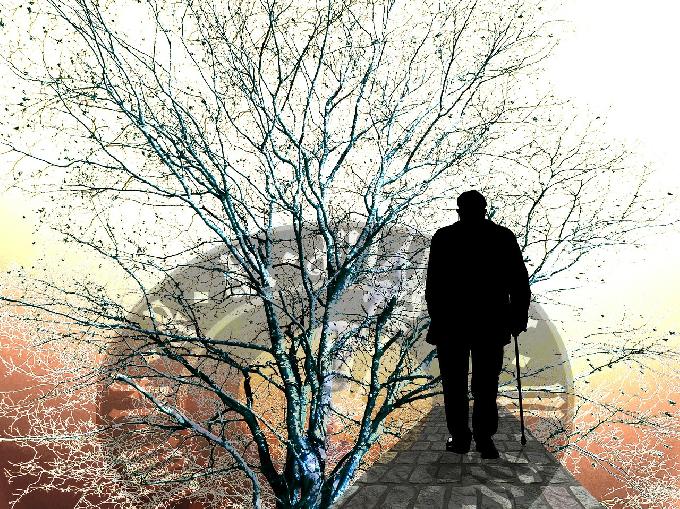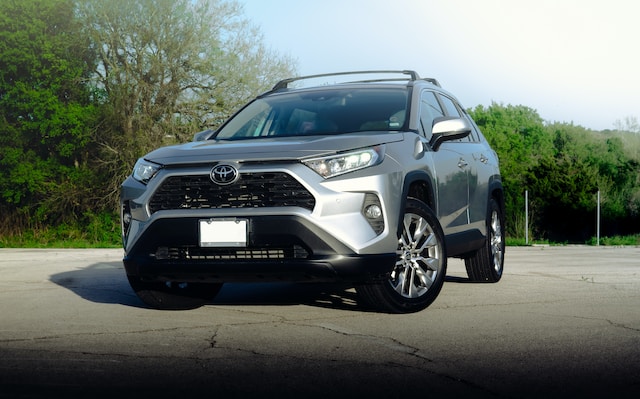A groundbreaking study from Stanford Medicine, published in Nature, shows that the shingles vaccine can reduce the risk of dementia in older adults by 20%. The research highlights how vaccines might protect not only against infections but also against long-term brain diseases.
Researchers Use Natural Experiment in Wales for Key Insights
Researchers analyzed health data from over 280,000 older adults in Wales. In 2013, due to vaccine shortages, health authorities vaccinated only 79-year-olds and excluded those 80 and older. This created a natural experiment. By comparing these two groups, the research team could clearly see the vaccine’s impact on dementia rates.
Study Strengthens Link Between Herpes Viruses and Brain Health
Scientists increasingly believe that herpes viruses, including the varicella-zoster virus that causes shingles, may contribute to dementia. The vaccine may prevent viral reactivation in the nervous system, which can cause inflammation and damage to brain tissue. This protection might explain the lower dementia risk in vaccinated individuals.
Shingles Vaccine Still Underused, Say Experts
Despite its potential benefits, the shingles vaccine remains underused. Less than half of eligible seniors get the shot. Researchers hope their findings will encourage more people to get vaccinated—not just to avoid shingles, but also to help protect their cognitive health.
More Studies Needed to Confirm Brain-Protective Effects
While this study offers strong evidence, scientists say we still need randomized clinical trials to confirm whether the shingles vaccine directly prevents dementia. Future studies may also reveal the exact biological mechanisms behind its protective effect. Still, the results mark a major step forward in dementia prevention.







